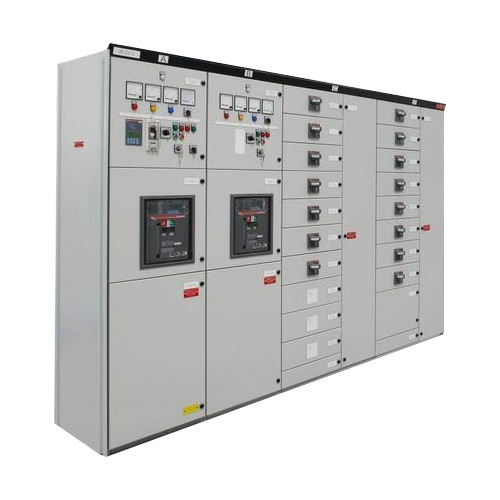In the electric power system, switchgear is an integral part of the electrical hardware. It includes fuses, switches, relays, isolators and circuit breaker that protects it from faulty conditions. Note that each electronic device needs some kind of protection since they can fail anytime if not properly maintained and maintained.
What is Switchgear?
Switchgear is an electrical equipment that transfers high or low voltage
of electricity. It switches the active current from lower to higher voltage
through a separate circuit, which is safer than direct connection. This happens
in case of an electrical failure or breakdown of the power system within the
network. The service of switchyard is crucial to ensure optimum electrical
protection. Switchyard keeps track of the set-up throughout the whole day,
especially at night when there are minimal interruptions in supply and it also
monitors fault conditions such as short circuits, breakdowns etc. The aim is to
make sure that there is no damage at all to electric equipment during
maintenance or repairs due if there were any electrical faults within the
setup.
How Do Switchgear Work?
The primary function of a switchgear is to protect an electrical section
by isolating it from the faulty part. It does so by closing off the circuit
breaker (or in some cases, the cutout) if there is a fault. This prevents
damage to machines and equipment, as well as providing uninterrupted power
supply for the load.
Types of Switchgear
There are different types of switchgear, differentiated on their voltage
levels. The three categories are:
- High
Voltage (H.V.) Switchgear
- Medium
Voltage (MV) Switchgear
- Low
Voltage LV Switchgear Panels

Comments
Post a Comment